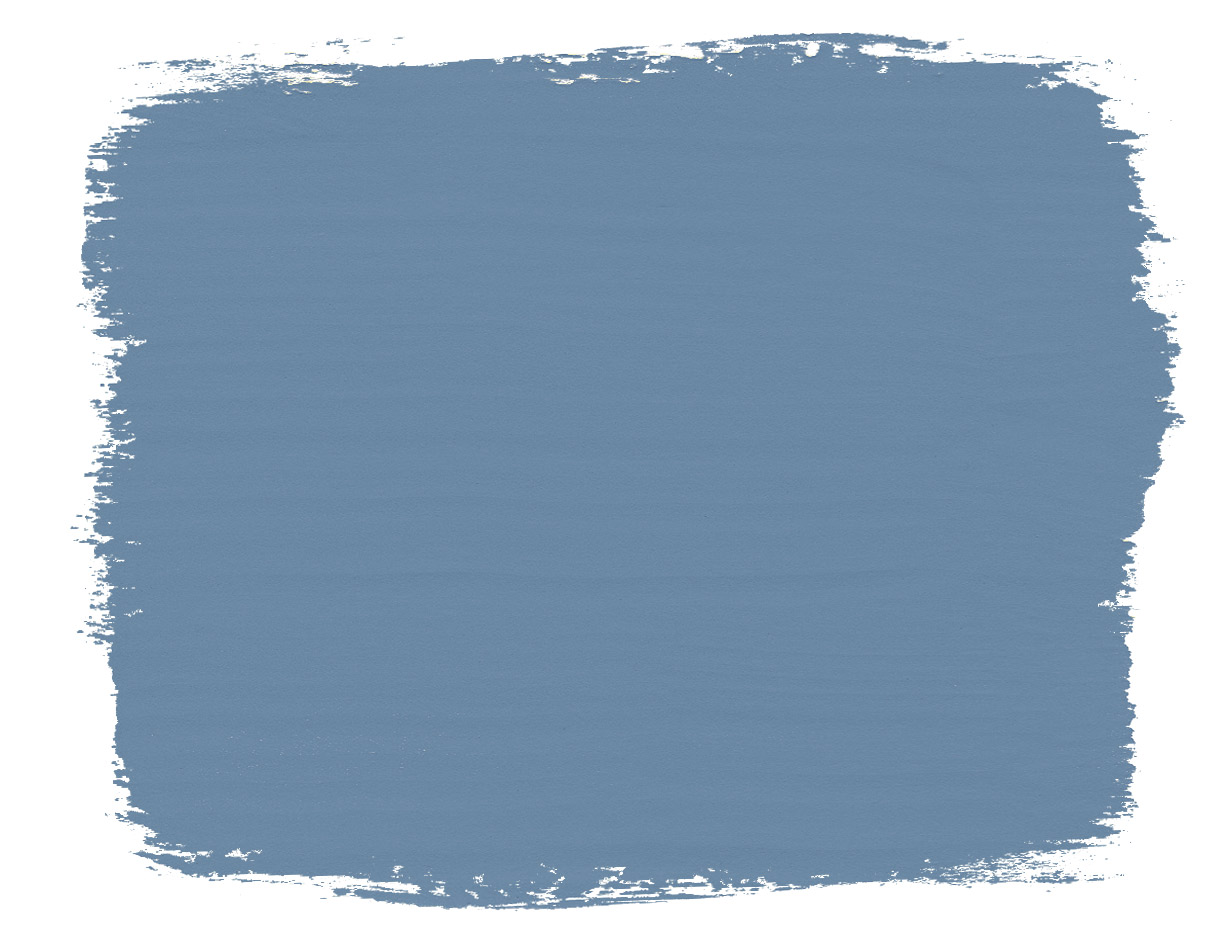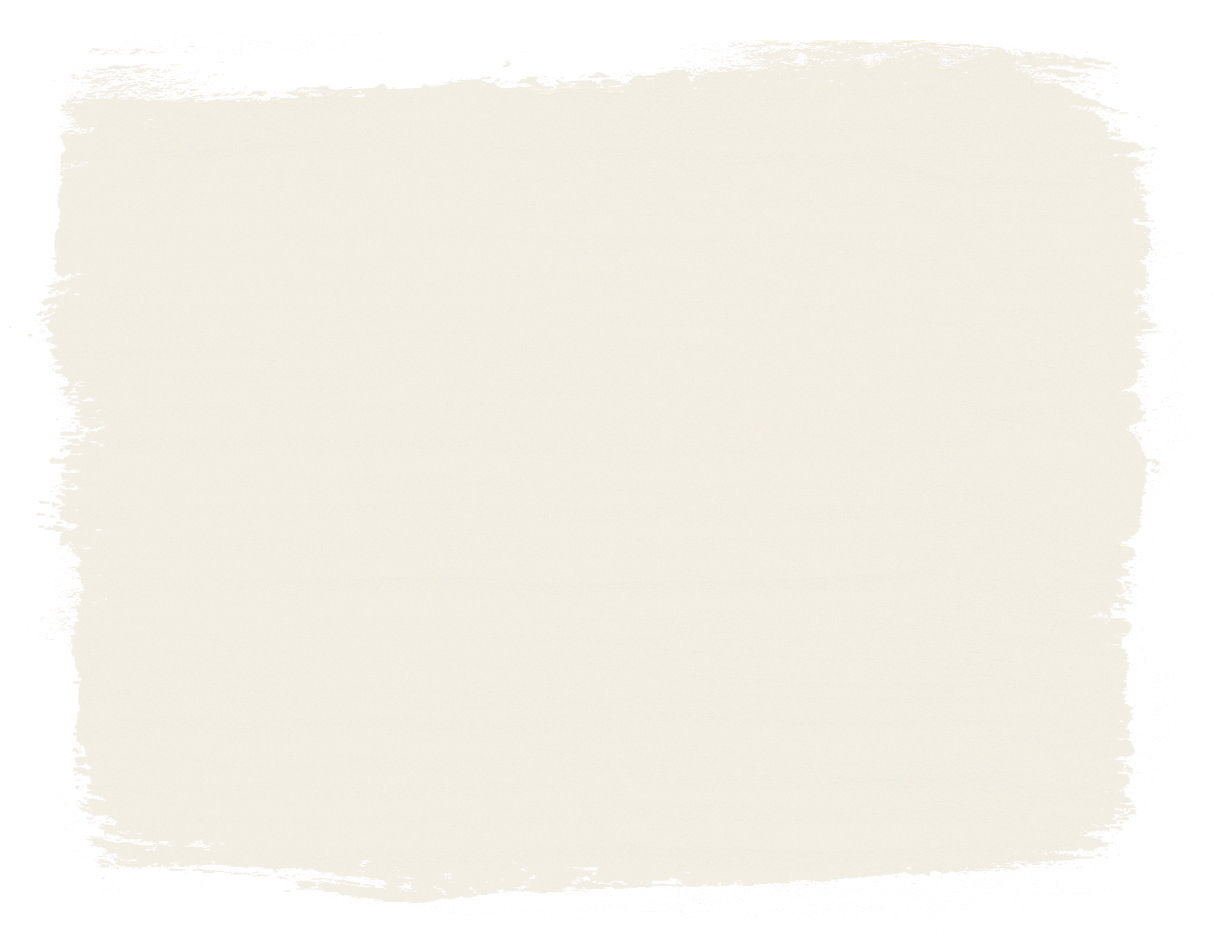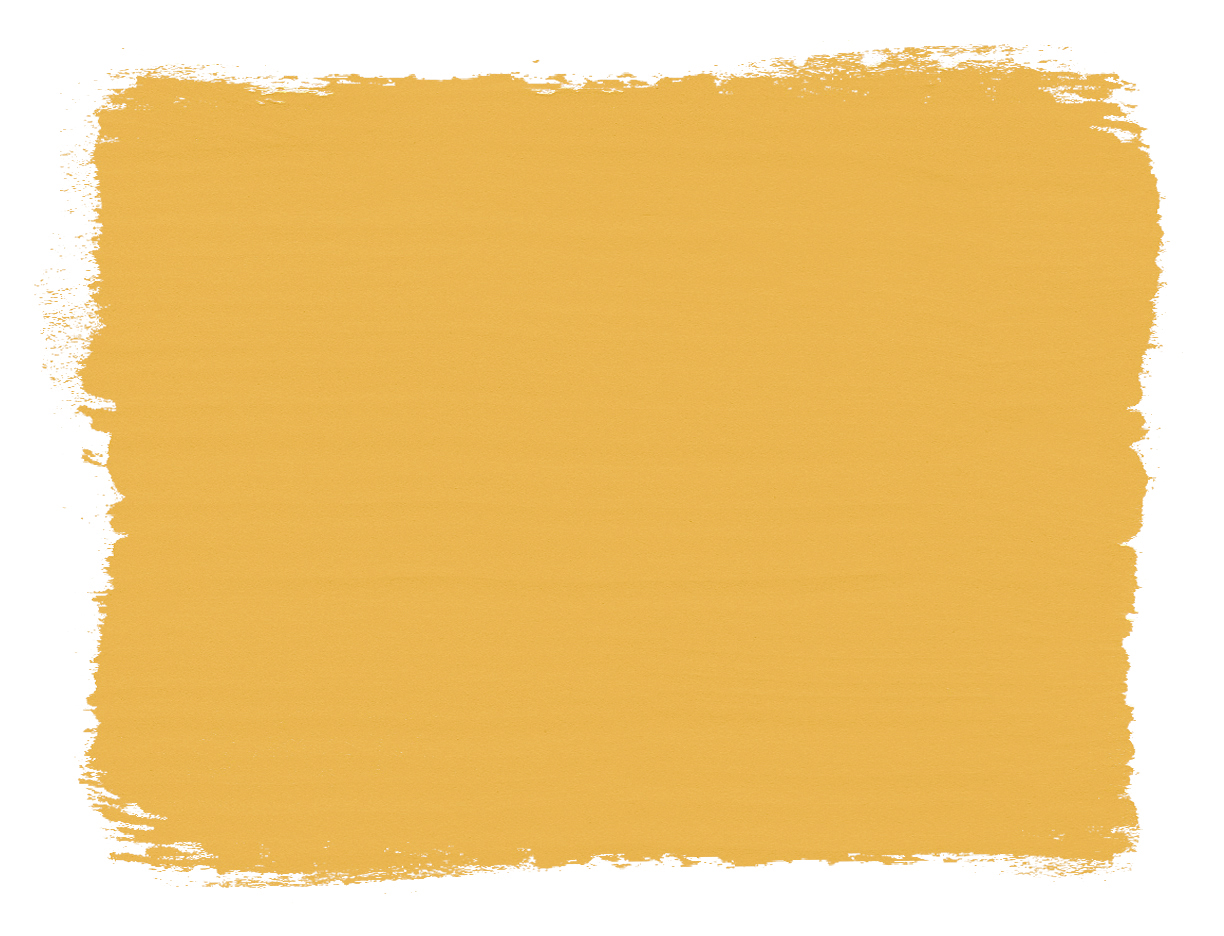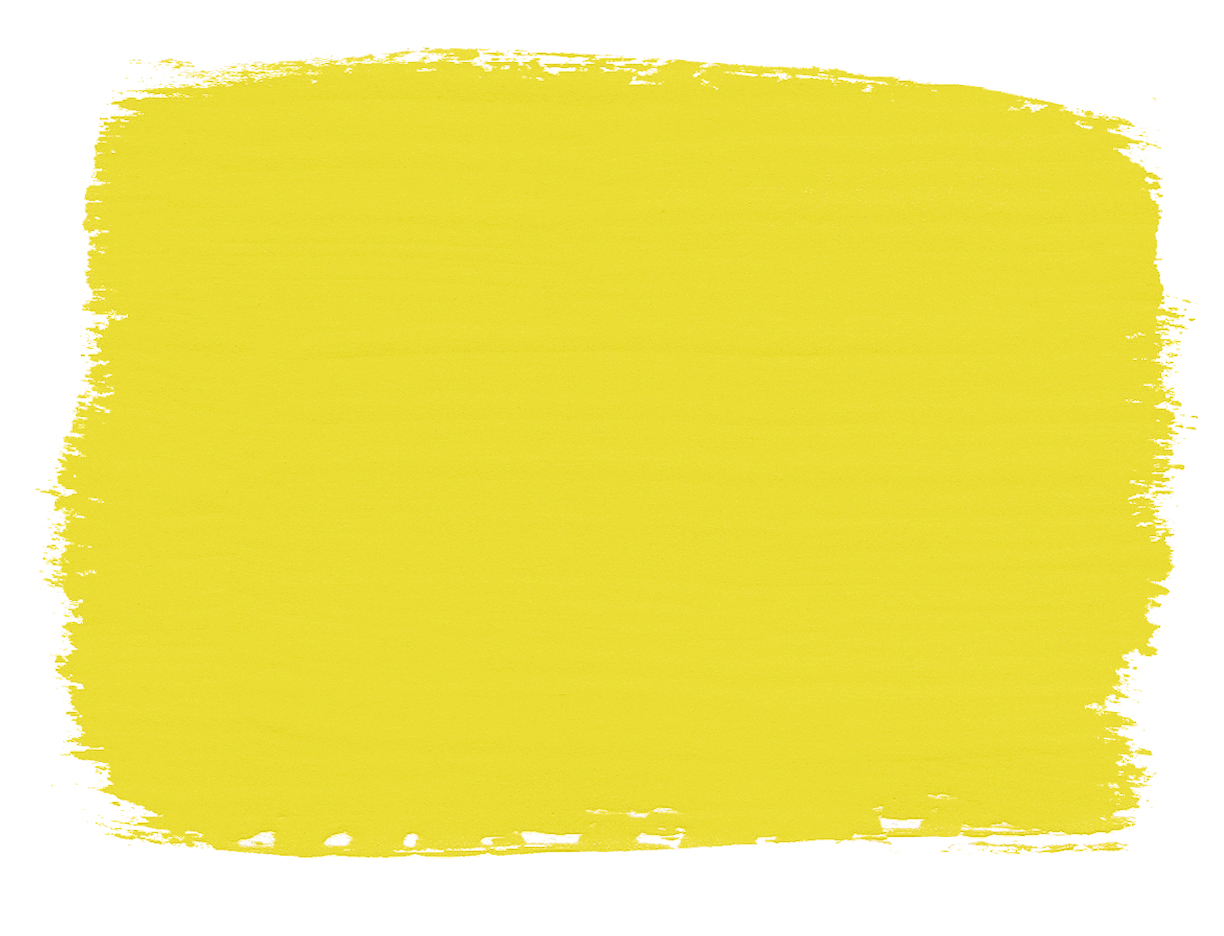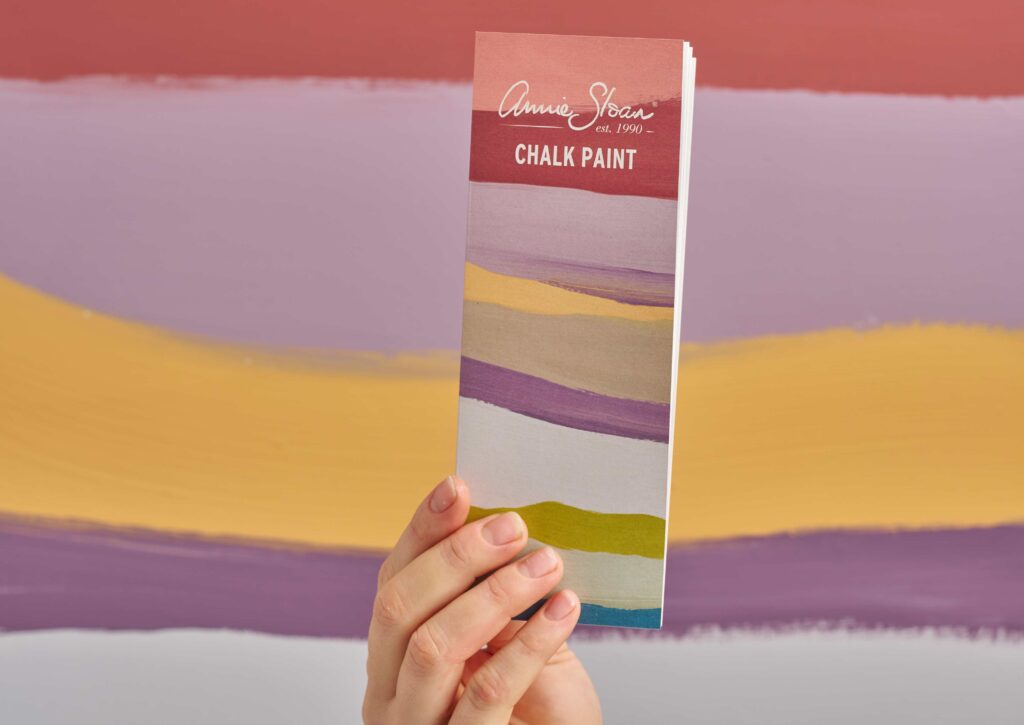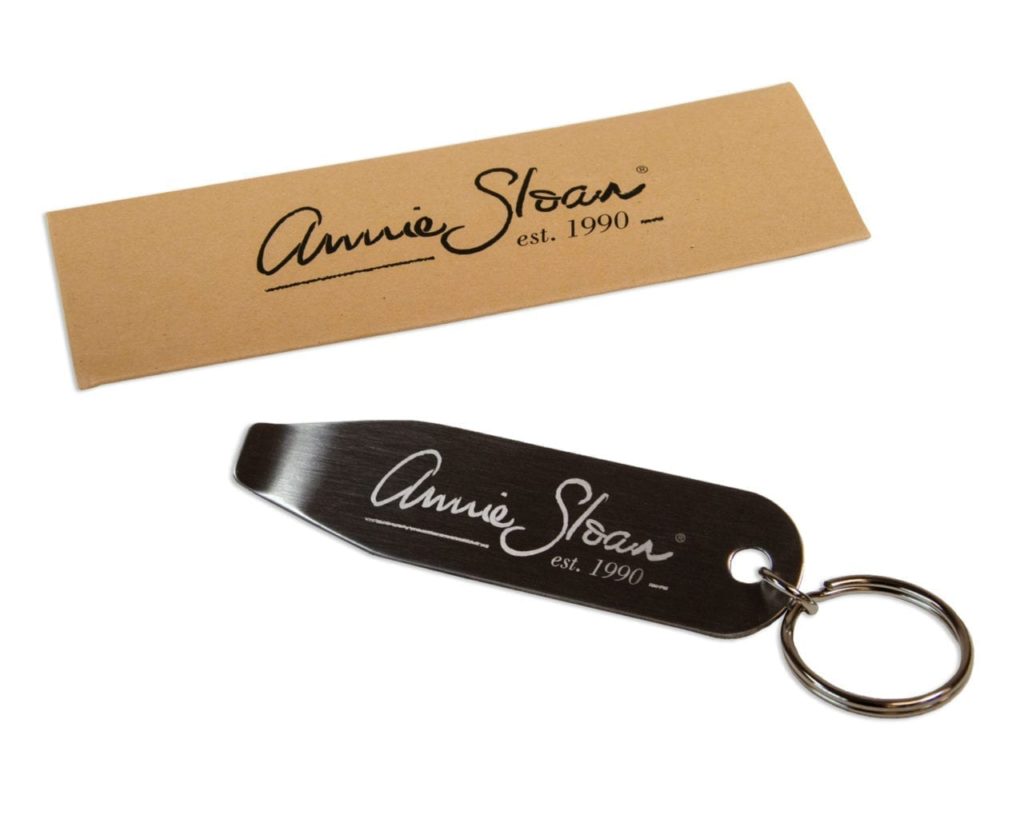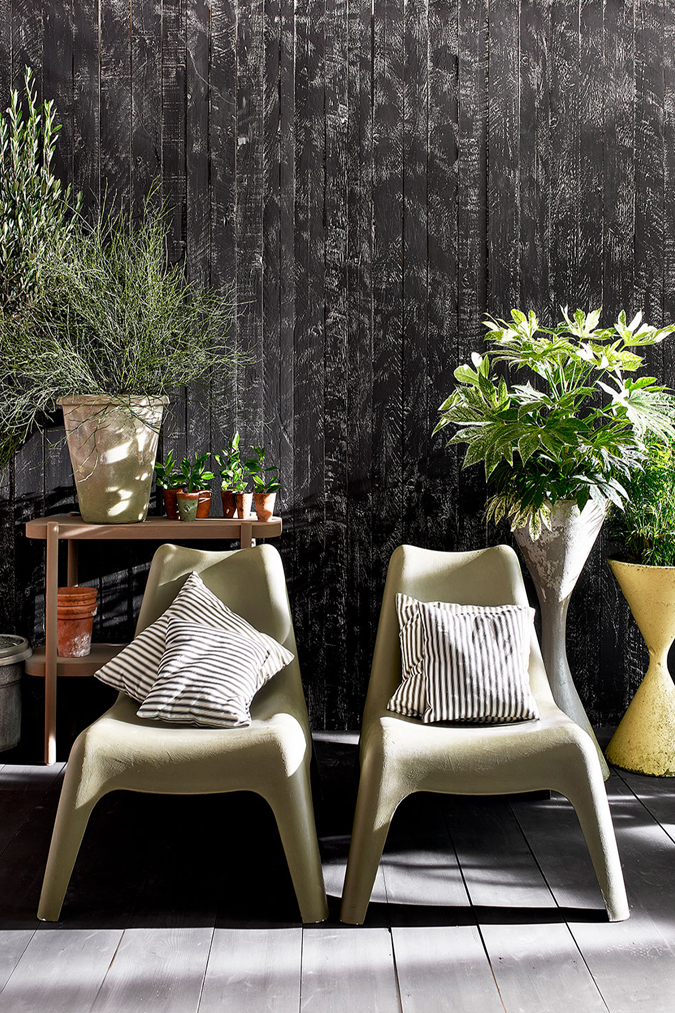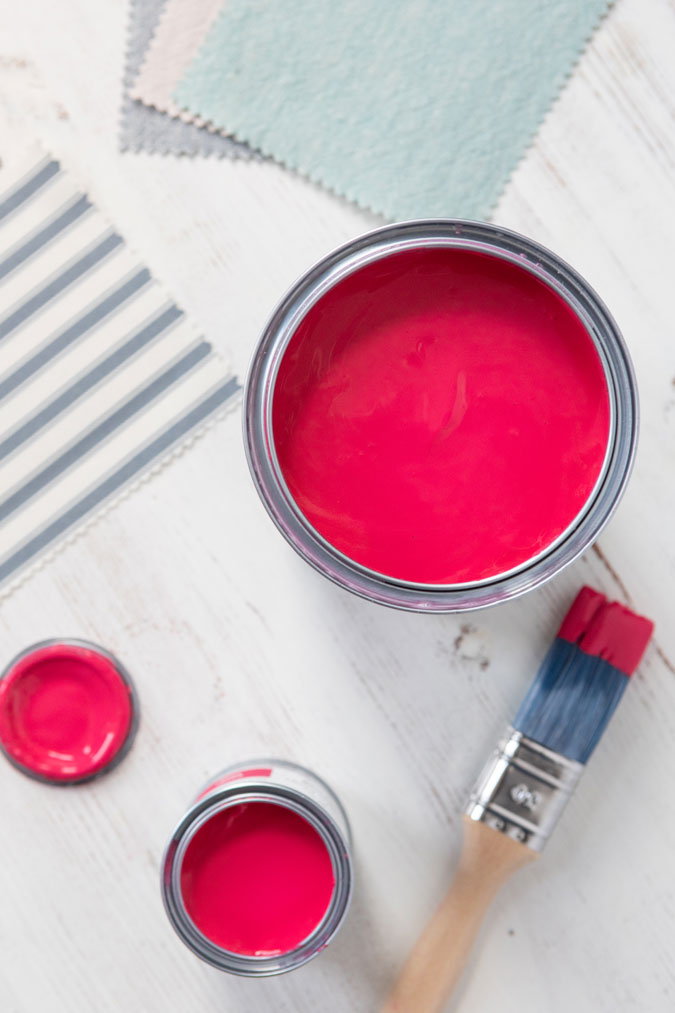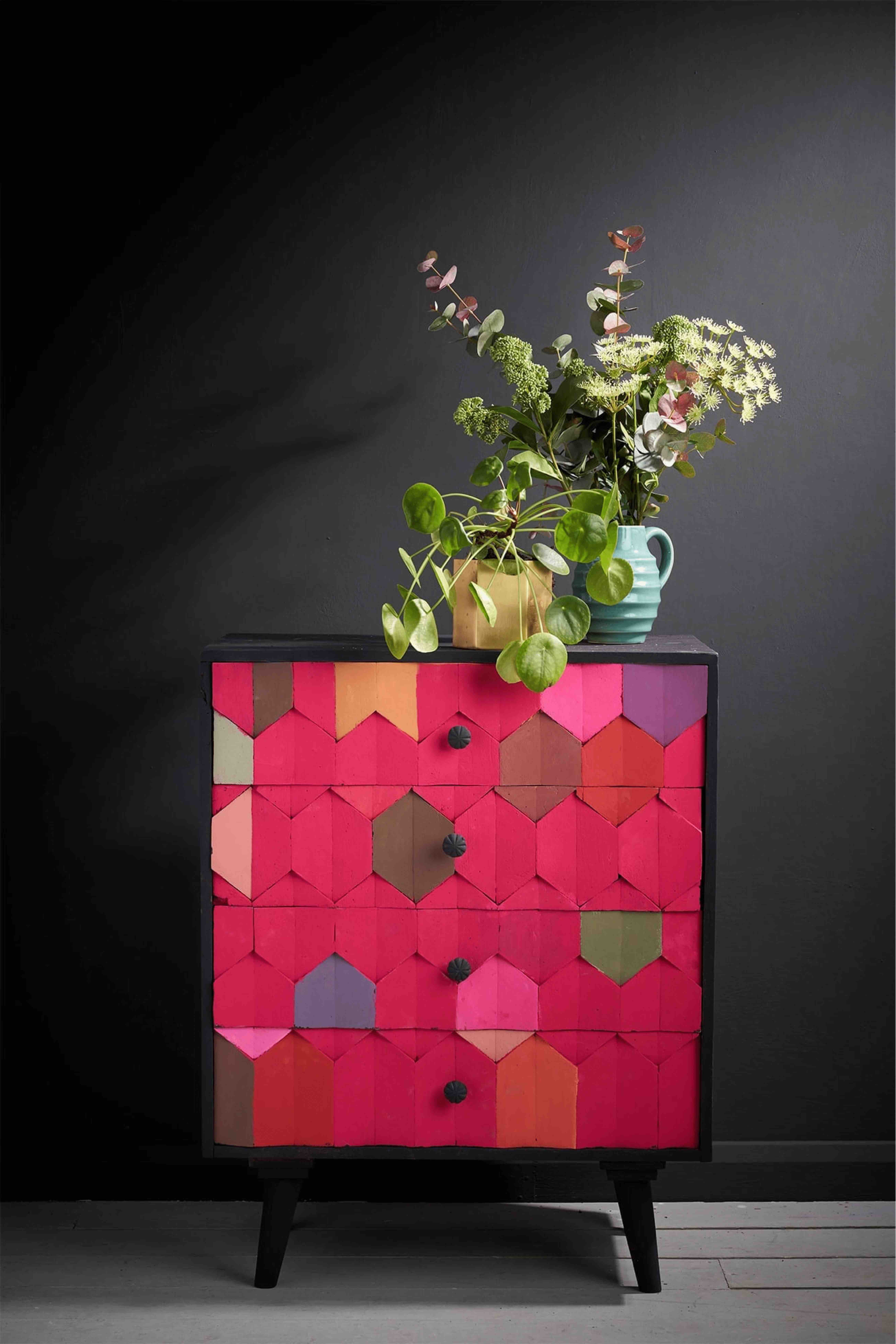WHAT IS UPCYCLING AND HOW IS IT GOOD FOR THE PLANET?
Have you ever thought that refreshing and restoring the furniture you already own – or locally bought second-hand furniture – might dramatically reduce your carbon footprint?
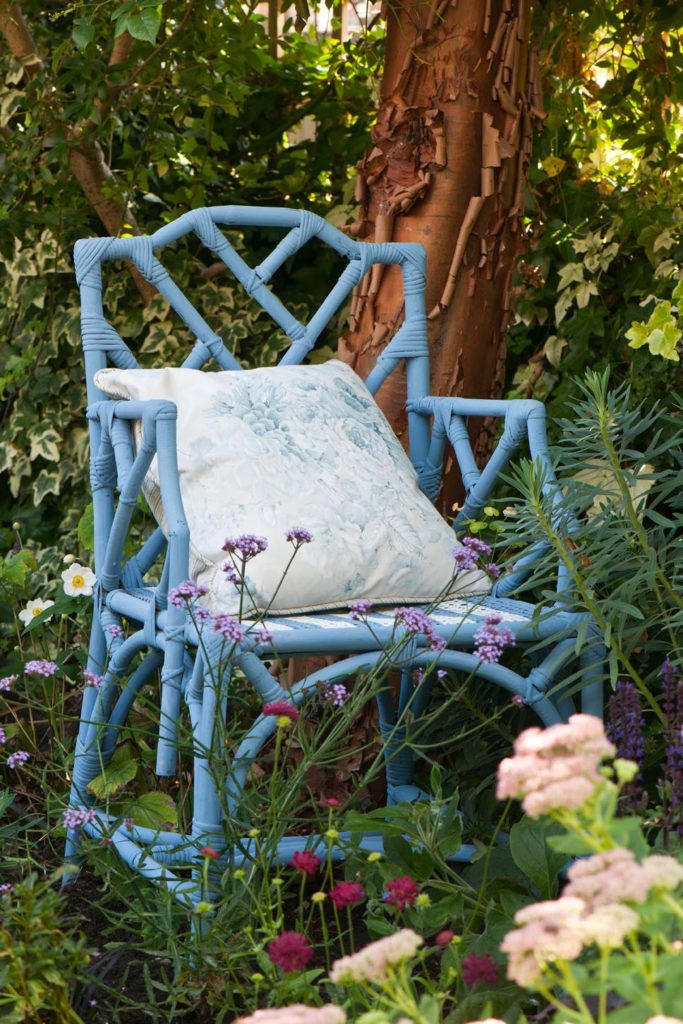
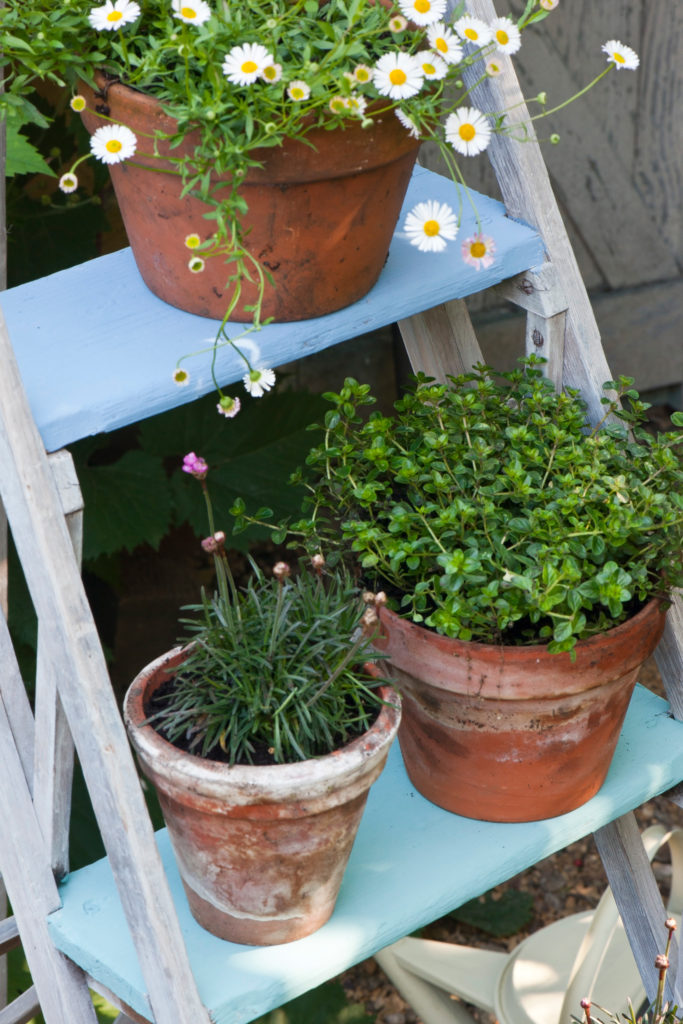
Every year 10.5 million tonnes of furniture are consumed by the EU market, and a corresponding 10 million tonnes are thrown out over the same time period, most ending up in landfill or burnt in an incinerator. A report by the European Environmental Bureau (EEB) suggested that implementing circular economy principles into the EU’s furniture industry could save around six million tonnes of CO2 emissions (Source: here).
This is where upcycling comes in.
What is upcycling?
Upcycling is the process of renovating, updating, repainting or otherwise improving an existing piece of furniture. In the past, upcycling was standard practice as furniture was made well and lasted for years. Sadly, mass production has led to proliferation of poorly made furniture that has been created with bad quality materials to low standards.
You’ll notice furniture in charity shops tends to be from before the 80s, simply because the 90s and 00s saw the furniture industry transform in the same way fast-fashion clothing companies are transforming now. Cheap, poorly-made, mass-produced furniture simply doesn’t have a long shelf life (if you’ll excuse the pun).
Upcycling is good for the planet and good for your wallet.
How is upcycling good for the planet?
Upcycling is good for the planet in a number of ways. Reduce, Reuse, and Recycle is an environmentalist’s motto. Reduce what we buy new, Reuse what we already have, and Recycle at the end of a product’s lifecycle. This avoids deforestation, not to mention the use of energy and the emission of greenhouse gases produced during the manufacturing and delivery process of new furniture. In this way, it slows the constantly turning cogs of industrialisation. It’s also good for your wallet; repainting existing furniture to match new interior schemes, or to hide cosmetic wear and tear is much cheaper than buying brand new to replace perfectly serviceable kitchen cabinets, shelving units, dining tables, and whatever other pieces you may have at home.
What’s the difference between upcycling and recycling?
Upcycling should come before recycling. Recycling is what should happen at the very end of a product’s lifecycle. For example, when clothes can no longer be darned – or repurposed as painting outfits! – this is when they should be recycled and turned into something brand new.
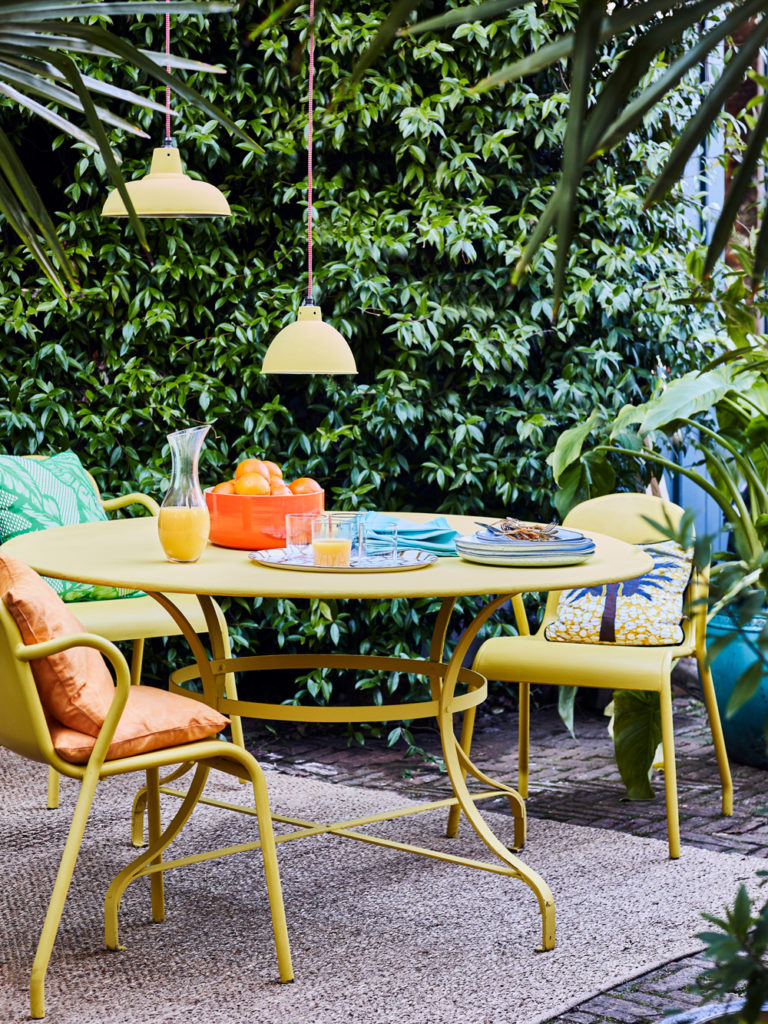
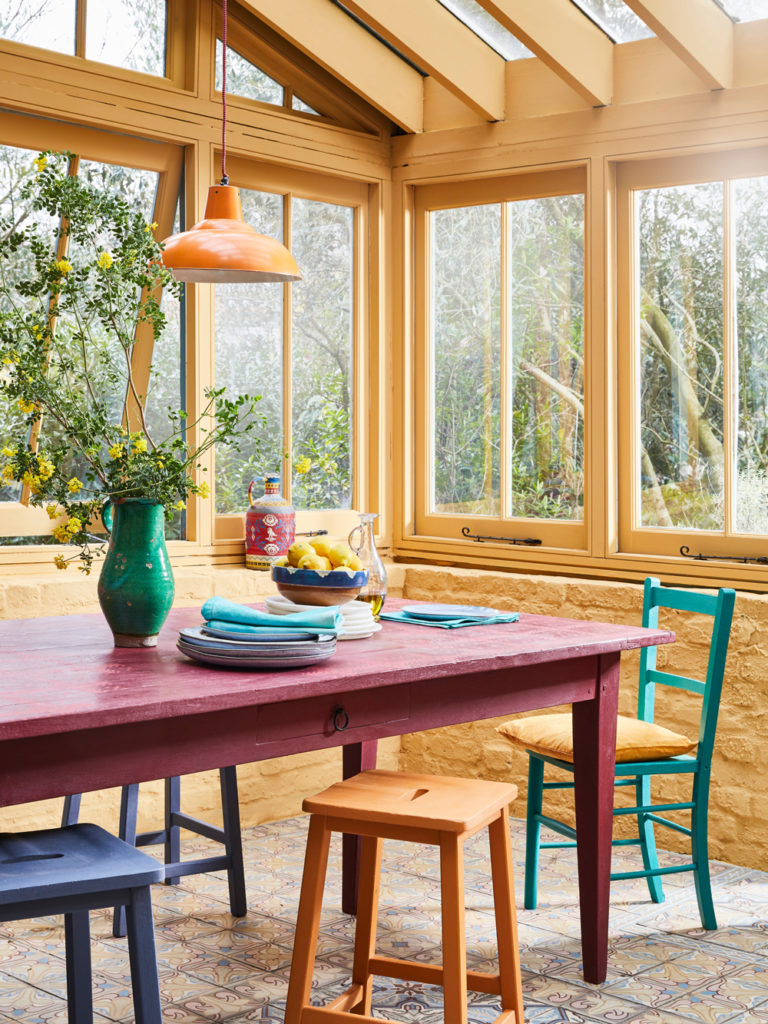
Which paint from the Annie Sloan range is best for upcycling furniture?
All Annie Sloan paints – Annie Sloan Chalk Paint™, Annie Sloan Satin Paint, and Annie Sloan Wall Paint – are water based, certified Toy Safe, and contain minimal amounts of VOCs (Volatile Organic Compounds). This makes them less damaging to the planet than other paints.
Chalk Paint™ can be used on almost every surface; melamine, laminate, and plastics included. It’s suitable for use outdoors and indoors, on flooring and on fabrics. Apply Chalk Paint™ Wax or Lacquer after painting to protect. You can repaint over Chalk Paint™ that has been waxed without any further preparation. Browse our range of Chalk Paint™ colours by clicking here.
If the furniture you wish to paint is metal or wood (and is going to live indoors) you may prefer to use Annie Sloan Satin Paint as this will not require Chalk Paint™ Wax or Lacquer to protect. You can browse our range of Satin Paint here.
To read more about Annie Sloan’s commitment to reducing our environmental impact:
Featured Products
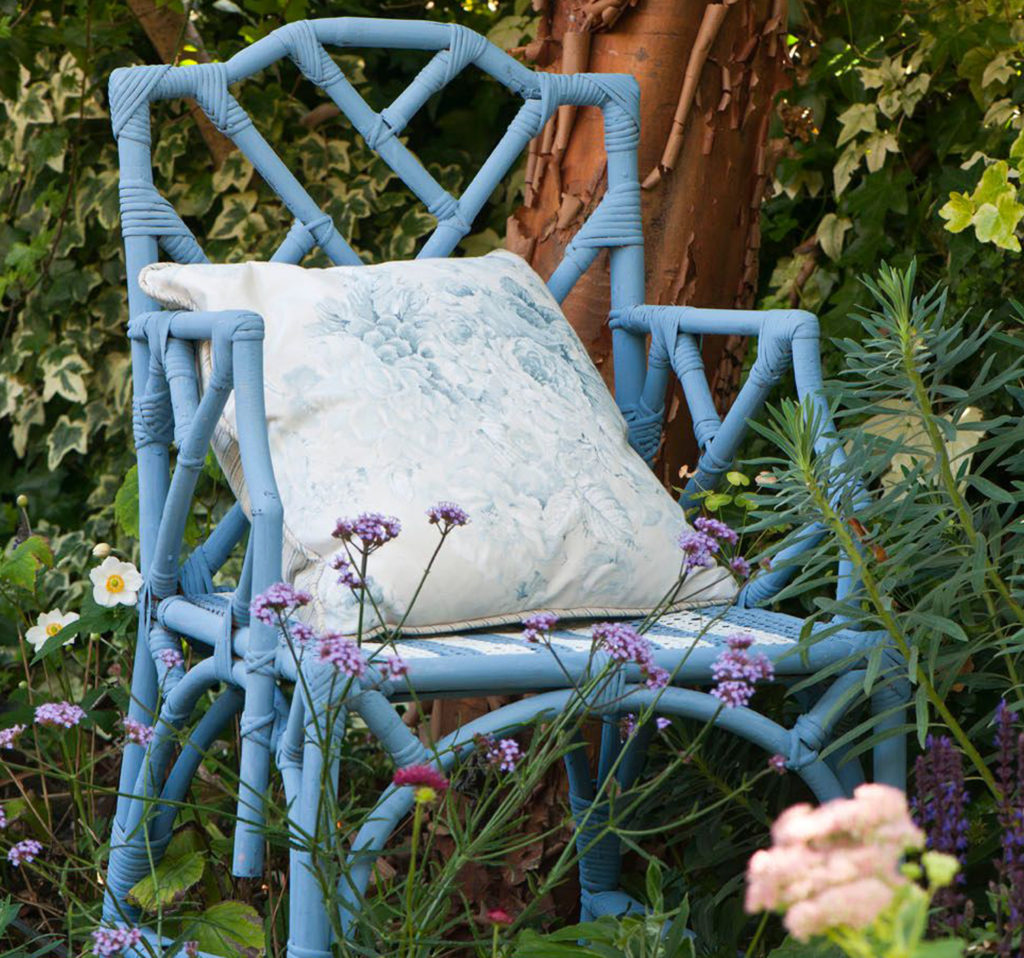
Related Inspiration
Related Inspiration
Use of cookies
AnnieSloan.com uses cookies to improve your experience when you browse the site.
